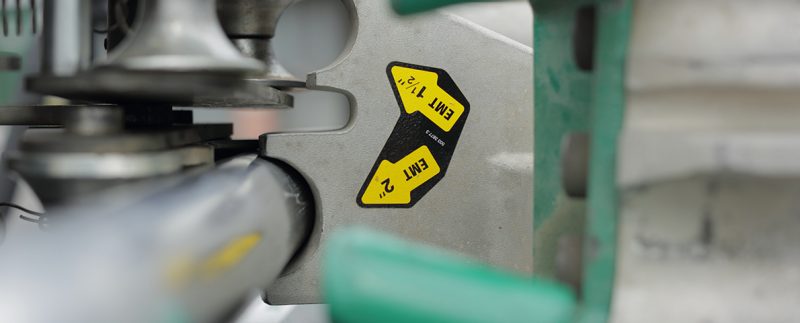Ensuring the safe and uninterrupted flow of electrical currents is, of course paramount. One critical aspect that often goes unnoticed but plays a vital role is the choice of electrical conduit. While conduits are essential for protecting and routing electrical wires, the significance of using corrosion-resistant materials can’t be overstated. Corrosion resistant electrical conduit from American Conduit isn’t only about longevity. It also protects against potentially hazardous situations and costly disruptions. These are just some of the many reasons why corrosion resistance is so critical.
The Nature of Corrosion
 Corrosion is a natural process where materials deteriorate due to interactions with their environment. For electrical conduits, which are often exposed to various environmental elements such as moisture, chemicals, and temperature fluctuations, corrosion can lead to serious consequences. When corrosion occurs within conduits, the pathways for electrical wires may become compromised, resulting in disruptions, faults, and even complete failures in electrical systems. This can lead to safety hazards, equipment damage, and costly downtime.
Corrosion is a natural process where materials deteriorate due to interactions with their environment. For electrical conduits, which are often exposed to various environmental elements such as moisture, chemicals, and temperature fluctuations, corrosion can lead to serious consequences. When corrosion occurs within conduits, the pathways for electrical wires may become compromised, resulting in disruptions, faults, and even complete failures in electrical systems. This can lead to safety hazards, equipment damage, and costly downtime.
Corrosion’s Impact on Safety
Safety is of the utmost importance, of course, when dealing with electricity. Corroded conduits can weaken the structural integrity of electrical systems, increasing the risk of short circuits, arcs and electrical fires. Moreover, compromised conduits can cause insulation to deteriorate, leading to accidental contact between wires and conductive materials, which could pose grave danger to workers and inhabitants of buildings. Corrosion resistant conduit, such as PullEase™ from American Conduit, provides a protective barrier that helps mitigate these risks, ensuring the safety of both people and property.
Reliability and Longevity
Electrical systems are designed for long-term functionality. However, corrosion can significantly reduce the lifespan of conduits, leading to premature replacement and maintenance. This not only involves substantial costs but also disrupts operations. Corrosion resistant aluminum conduits is exceptionally durable and can withstand the harshest environments. By resisting corrosion, our conduit contributes to the longevity and reliability of electrical systems.
Minimizing Disruptions
In industrial and commercial settings, any downtime due to electrical failures can result in substantial financial losses. Corrosion-related issues can lead to unexpected outages, halting production processes and interrupting critical operations. Aluminum conduit acts as a safeguard against such disruptions, minimizing the chances of unexpected downtime and keeping businesses and industries running smoothly.
Environmental Considerations
In outdoor or exposed applications, electrical conduit is directly exposed to weather conditions. Corrosion-resistant conduits not only protect against environmental factors but also contribute to sustainability. Choosing materials that can withstand the elements reduces the need for frequent replacements, minimizing the consumption of resources and reducing waste.
Regulatory Compliance
Different industries and regions have stringent codes and regulations in place to ensure the safety and performance of electrical systems. American Conduit products meet these standards, allowing for compliance with industry regulations and codes.
As you can see, the importance of corrosion resistant electrical conduit goes beyond the surface. It provides a shield against the damaging effects of corrosion, enhancing safety, reliability, and longevity of electrical systems. By choosing materials that resist corrosion, businesses ensure the seamless flow of electricity, mitigate safety risks, and avoid costly disruptions. Whether in residential, commercial, or industrial settings, investing in corrosion-resistant conduit is an investment in the continuous, reliable operation of electrical systems.
If you would like more information, feel free to give American Conduit a call at 1-800-334-6825 or use our online contact form.

